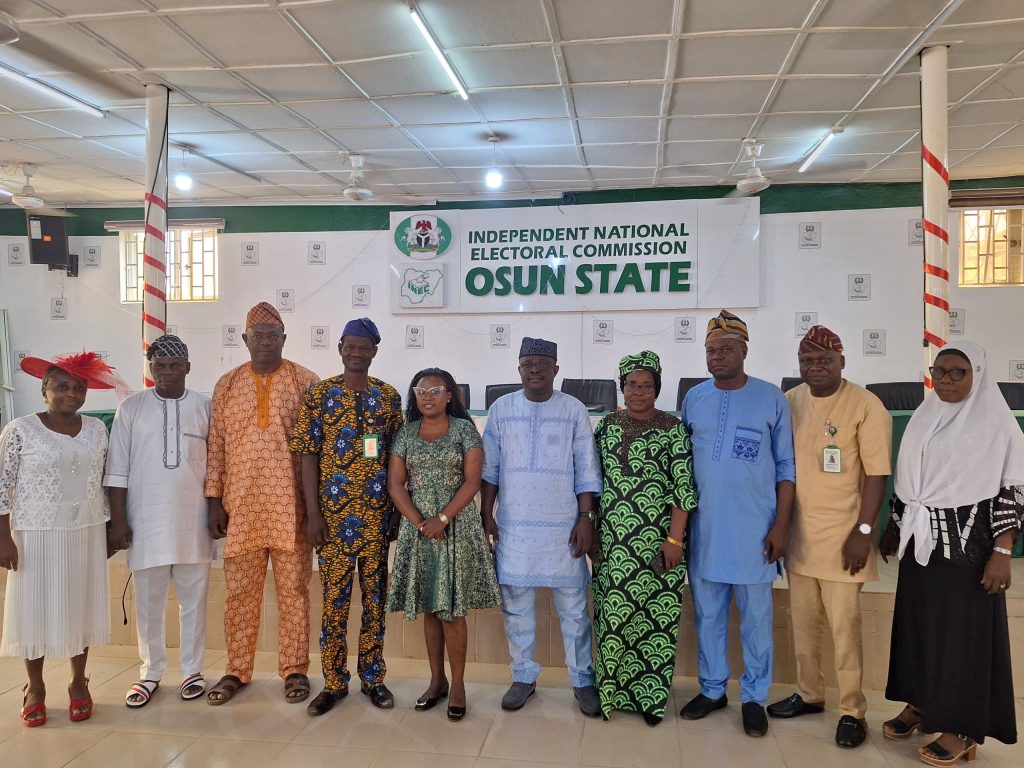Nigeria’s aspirations to boost its economy through agricultural exports have hit a roadblock, as highlighted by recent statements from the World Trade Organisation (WTO). The country’s failure to meet international sanitary and phytosanitary standards has resulted in a decline in its position in the global agriculture export markets. This poses a significant challenge for President Bola Tinubu and regulatory bodies, underscoring the urgent need for improved safety and health measures in agricultural products.
Regulatory Challenges and Global Rejections
According to Ngozi Okonjo-Iweala, Director-General of the WTO, Nigeria’s agricultural sector has immense potential for export diversification and job creation. However, the lack of compliance with international sanitary standards has led to the rejection of cowpea and sesame exports in various markets. This not only impacts sales revenue and foreign currency earnings but also raises concerns about food safety and quality in Nigeria’s export commodities. The European Union’s ban on Nigerian beans imports since 2015 due to contamination issues further emphasizes the importance of addressing these challenges.
Economic Implications and Non-Oil Export Dependence
With fluctuating global oil prices, Nigeria’s reliance on non-oil exports to stabilize its economy has become increasingly vital. Data from the Nigerian Export Promotion Council shows a growth in non-oil exports to $4.82 billion in 2022, highlighting the sector’s significance. However, a 6.25% revenue decline in 2023 underscores the pressing need to enhance the quality and safety standards of agricultural exports, particularly cocoa beans, a major source of Nigeria’s export earnings.
Strategies for Enhancement and Global Market Re-entry
To reclaim its position as a top exporter in Africa, Nigeria must implement comprehensive policies to address the root causes of export rejections. This includes improving infrastructure like power and transportation, and resolving seaport congestion that affects the shelf life of agricultural products. Additionally, promoting farmer cooperatives for knowledge exchange and training in modern preservation techniques is crucial. Collaboration among federal and state governments, regulatory bodies, and industries will ensure that export goods meet global standards, safeguarding public health and securing Nigeria’s place in international markets.
As Nigeria confronts these obstacles, the journey to regain its status as a leading agricultural exporter requires collective efforts from all stakeholders. The country’s commitment to enhancing compliance with international standards in the agricultural sector will not only boost its economy but also contribute to global food safety and security.
By addressing these challenges head-on, Nigeria can pave the way for a brighter future in the global agricultural export landscape.



